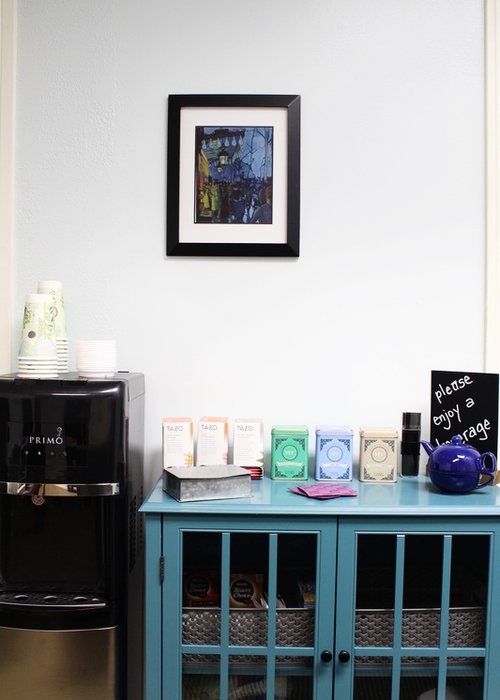When you think of your needs, what comes to mind? What usually comes up are things like food, water, air, shelter, and rest. These are vital needs that humans require for survival, safety, and physiological well-being.
We need air to breathe oxygen into our lungs, food to fuel and nourish us, water to hydrate and keep our bodies functioning, and sleep to energize our bodies and minds. We need clothing to shield our bodies from the weather and shelter to protect us from the elements and provide a place to rest. We have physical cues that help us get these needs met. We take deep breaths to get more air, we experience hunger or thirst when we need food or water, and we feel fatigued when our body needs sleep. These are all basic survival needs that must be met in order for us to function. We’re taught to understand them, we pay attention when they aren’t met, and we work to meet them daily.
Another part of being human is that we are hardwired to connect with others. Because of this, there is a whole other set of needs that must be considered. We refer to these as relational needs, and they are met through relationships and social connectedness. What’s tricky is that we cannot meet these needs on our own. They require another person. Some examples of relational needs might be…
Affection – that feeling you get when you walk in the door and you’re greeted with a warm smile
Comfort – when you’ve had a really bad day and someone shows how much they really care by just sitting with you and listening
Appreciation – how good it feels when someone shows gratitude for something you’ve done
Our culture promotes individualism and praises self-reliance, which means that too often these relational needs go unmet. It’s not commonplace to be taught about relational needs or the importance of positive relationships to our overall health. It’s difficult for these needs to be met if we're often unaware that we have them in the first place.
Our bodies give us clues that our basic needs require attention, so what are the clues that our relational needs are going unmet?
When these relational needs are met, we feel secure, loved, and connected to the world around us. We can experience close, intimate relationships. When needs are unmet, we feel alone, disappointed, unseen, and disconnected. This can lead to insecure relationships and a lack of trust.
Relational needs are especially important in romantic relationships. Making a conscious effort to get to know and understand how you can meet your partner’s needs can make your partnership stronger. We boil it down to the top ten important relational needs. While everyone has all ten, we focus on the top three for each person. Knowing these top needs can help you better communicate, promote safety in the relationship, and truly connect to build intimacy.
When was the last time you asked your partner what they needed from you?
Has it been a while? You’re in luck, we have just the thing to help you discover your relational needs and invest in your relationship. Join us November 4th for the Creating Connection Couples Retreat.









































































